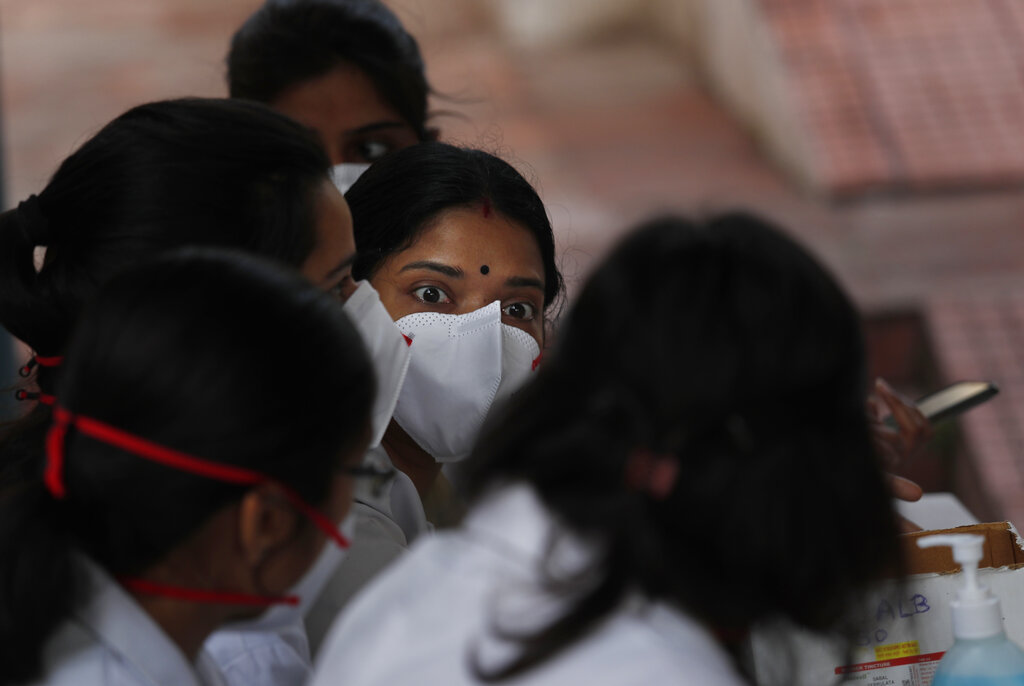Police will crack the whip on black marketeers to prevent the hoarding of hand sanitisers and masks in the wake of the coronavirus scare.
Calcutta police commissioner Anuj Sharma told his officers on the official WhatsApp group on Saturday to ensure there was “no hoarding of masks and sanitisers”.
“We need to make people aware of the prevention protocol. We have a number of citizen-friendly community service programmes such as pronam and tejashwini, which can be used to spread awareness. Another requirement is to ensure there is no hoarding of masks and sanitisers,” he wrote on WhatsApp.
The move came a day after the ministry of consumer affairs, food and public distribution declared hand sanitisers and masks (2-ply and 3-ply surgical masks and N95 masks) as “essential commodities” till June 30, 2020.
The city police’s enforcement branch has been entrusted with the work of carrying out surprise checks at shops selling masks and sanitisers to ensure they were not being sold at an inflated price.
The top cop instructed officers to spread awareness through social media and to reach out to people through various police projects such as Pronam and Tejashwini.
Several blood donation camps, which were to be organised at police stations, were cancelled as a precautionary measure against the spread of the coronavirus.
Jails
A home ministry directive says the physical production of jail inmates in courts should stop as a preventive measure. The directive has suggested the use of videoconferencing technology.

